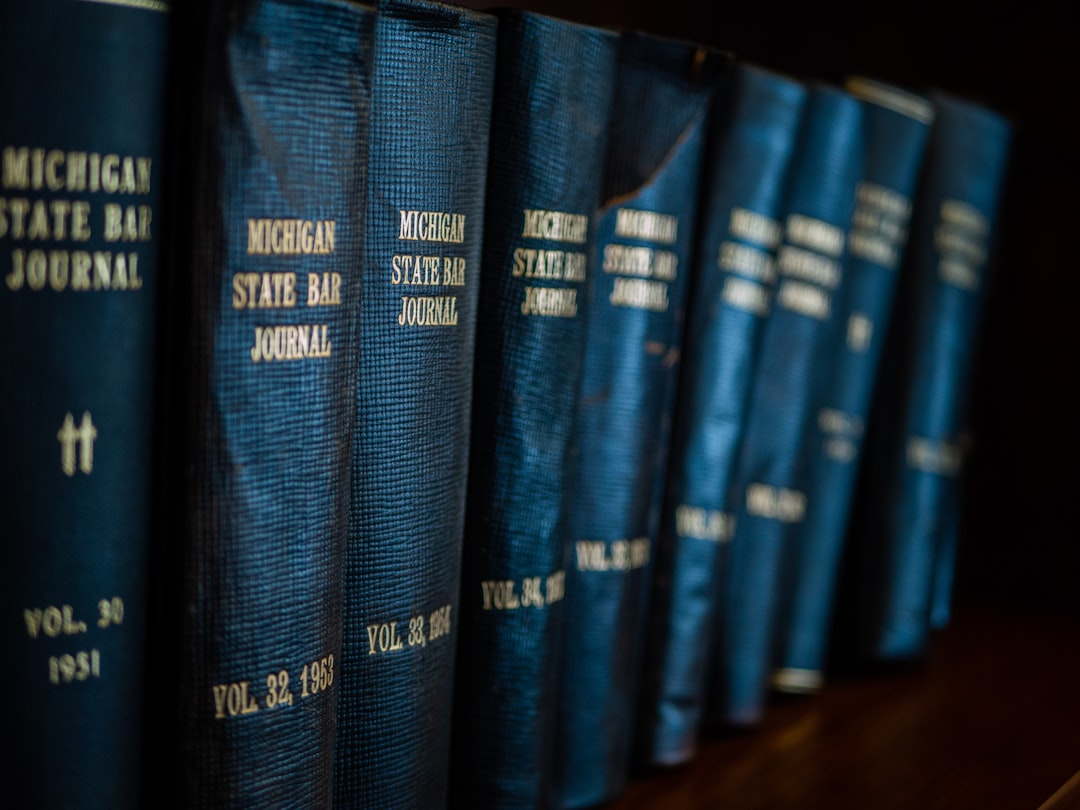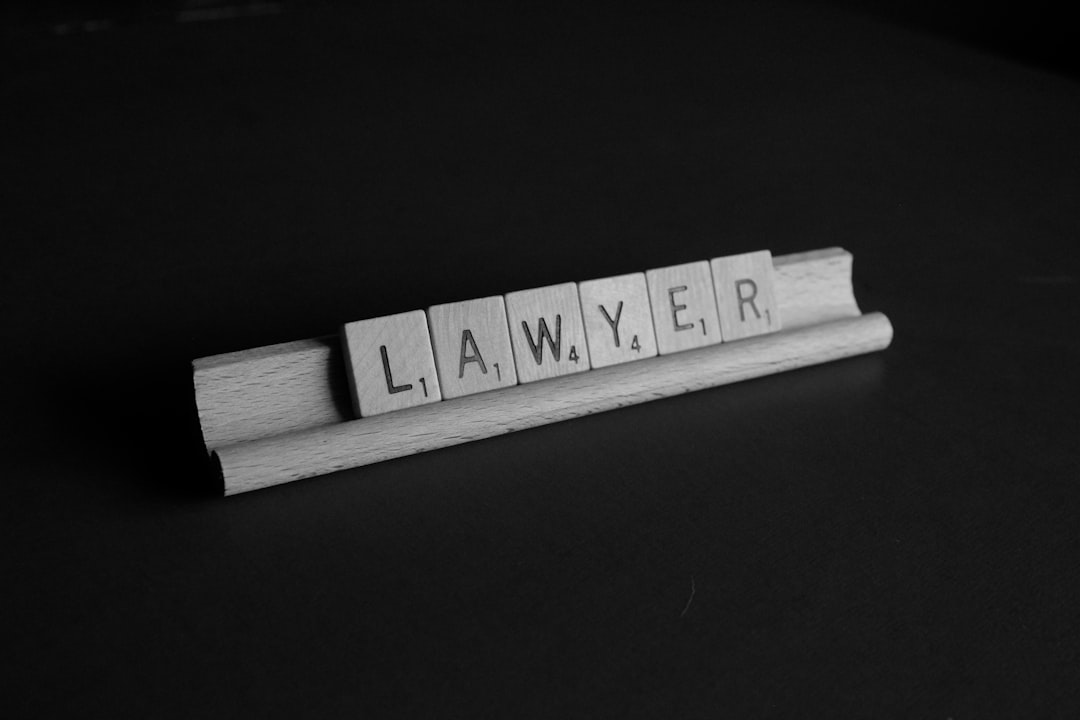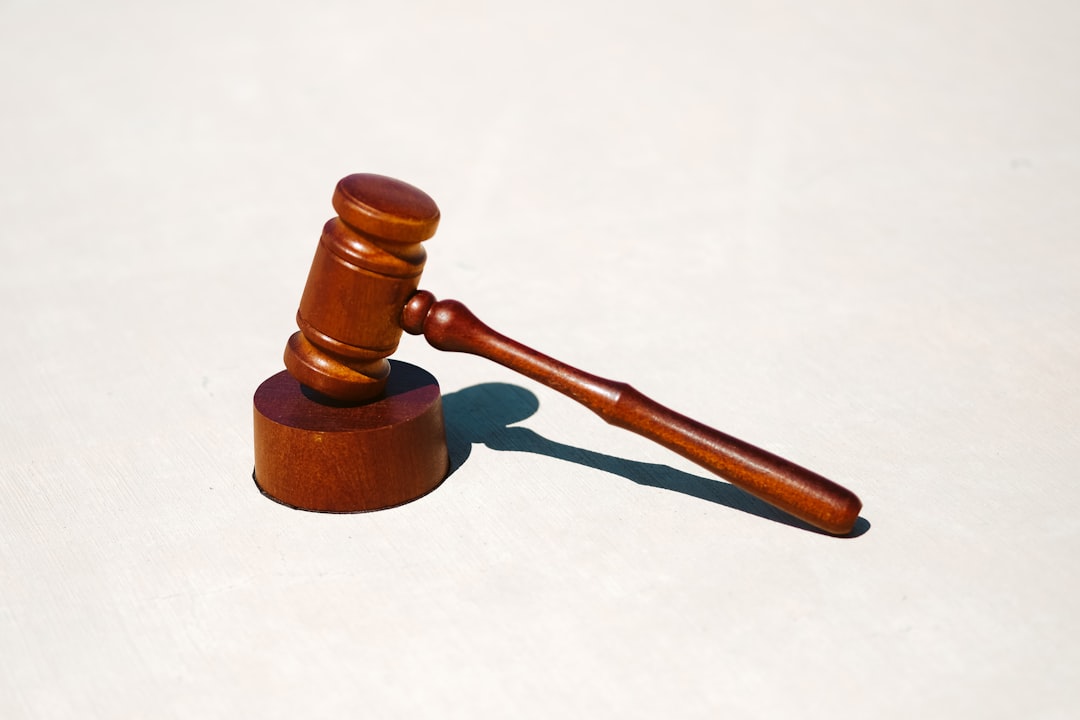Sexual assault law firms in South Carolina face complex challenges, from navigating legal intricacies to supporting emotionally vulnerable clients. Key areas include:
– Legal Expertise: Understanding sexual assault definitions, consent requirements, and statute of limitations, combined with staying informed on legal updates.
– Case Management: Interpreting evidence, managing witness testimonies, and adhering to strict chain-of-custody rules for forensic evidence.
– Expert Witness Scarcity: Collaborating with academic institutions and medical centers to access experts in sexual trauma and forensics, addressing financial barriers faced by low-income clients.
– Client Trust: Building safe, supportive environments through cultural sensitivity, clear communication, and strict confidentiality to gain the trust of survivors facing stigma and guilt.
– Comprehensive Support: Integrating legal advocacy with mental health services, support groups, and victim advocacy organizations to address trauma and empower survivors beyond legal proceedings.
Sexual assault is a profound issue with significant legal implications, especially in communities like Hilton Head Island, South Carolina. As victims seek justice, the role of sexual assault law firms becomes paramount, requiring specialized knowledge and advocacy. This article delves into the common challenges faced by lawyers specializing in sexual assault cases in this region. We explore issues from evidence handling to victim support, offering insights that can enhance legal strategies. By understanding these complexities, attorneys can better navigate a sensitive area, ensuring their clients receive the comprehensive representation they deserve at a sexual assault law firm South Carolina.
Understanding Sexual Assault Laws in South Carolina

Navigating the legal complexities of sexual assault cases requires a deep understanding of South Carolina’s specific sexual assault laws, which can significantly impact outcomes. A sexual assault law firm in South Carolina must be adept at interpreting and applying these statutes to ensure justice for victims. The state has enacted robust legislation to address sexual violence, but attorneys face challenges in navigating the nuances of these laws. One key aspect is defining what constitutes sexual assault, as the definition varies from state to state. In South Carolina, it involves a range of non-consensual sexual acts, including rape, sexual battery, and criminal sexual conduct. Understanding the legal distinction between these offenses is crucial for building a solid case.
The state’s legal framework also includes stringent requirements for proving consent, which can be complex in cases involving power imbalances or intoxication. Lawyers must carefully examine evidence related to communication, behavior, and circumstances leading up to the incident. For instance, a sexual assault law firm South Carolina might rely on expert testimony to interpret behavioral indicators of lack of consent. Additionally, South Carolina’s statute of limitations for sexual assault charges is different from other offenses, presenting another layer of complexity. Managing these legal intricacies requires constant professional development and staying abreast of changes in the sexual assault law firm South Carolina operates within.
Victims of sexual assault often face significant emotional and psychological challenges, making it essential for lawyers to provide sensitive representation. A successful sexual assault law firm in South Carolina should foster an environment of trust and offer comprehensive support, ensuring victims feel heard and respected throughout the legal process. This involves not only understanding the law but also being attuned to the unique needs and experiences of each client. By combining legal expertise with empathy, attorneys can advocate effectively for their clients while navigating the complexities of sexual assault laws in South Carolina.
Navigating Complex Case Evidence and Procedures
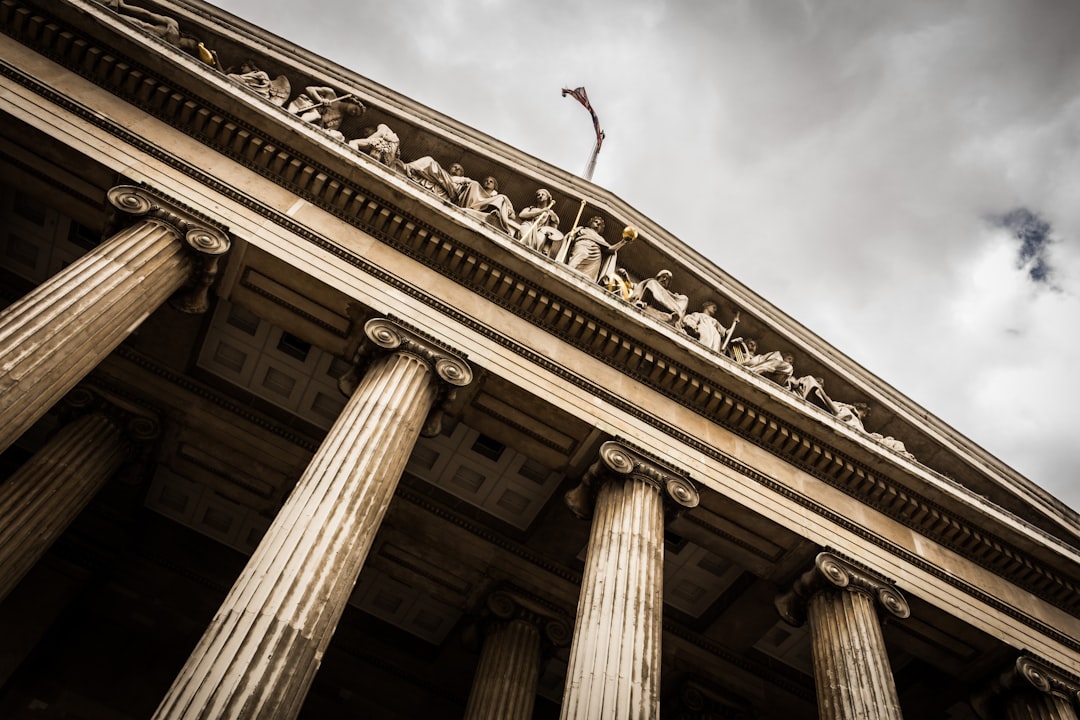
Navigating Complex Case Evidence and Procedures presents significant challenges for sexual assault lawyers in Hilton Head Island, South Carolina. Each case involves intricate details, from gathering forensic evidence to managing sensitive witness testimonies. The region’s sexual assault law firm face a unique set of hurdles due to evolving legal standards and community perceptions. For instance, misinterpretations of victim behavior or inconsistent narratives can undermine cases, underscoring the need for meticulous documentation and clear communication strategies.
Professionals in this field must also grapple with procedural complexities, such as adhering to stringent chain-of-custody rules for evidence handling. In South Carolina, where sexual assault cases often involve intense public scrutiny, lawyers must navigate not only legal intricacies but also media attention and community expectations. Balancing these demands requires a deep understanding of both the law and the emotional toll on victims. Effective case management involves regular consultation with clients, thorough preparation of witnesses, and strategic decision-making to ensure favorable outcomes.
Moreover, staying abreast of scientific advancements in forensics is crucial. New technologies like DNA analysis and digital evidence examination can significantly strengthen or weaken cases. Sexual assault law firms in South Carolina must invest in ongoing professional development to keep pace with these developments. This includes attending workshops, participating in training programs, and collaborating with experts across various disciplines to provide the best representation possible for victims. By embracing a comprehensive approach that combines legal acumen with empathy, these lawyers can better serve their clients and contribute to a more just system.
Challenges in Finding Expert Witnesses

One of the significant hurdles faced by sexual assault lawyers in Hilton Head Island, South Carolina is the challenge of finding qualified expert witnesses. This issue stems from the highly specialized nature of sexual assault cases, which demand experts with specific knowledge and experience. According to a study by the National Sexual Assault Hotline, only about 20% of reported sexual assaults result in criminal charges, highlighting the complex evidentiary requirements these cases often face. In South Carolina, where a sexual assault law firm may need to travel long distances to find suitable experts, this challenge is exacerbated.
The scarcity of expert witnesses with specialized training in forensic psychology, sexual trauma, and medical examinations can significantly impact case preparation and outcomes. Additionally, the cost associated with retaining such experts often poses financial burdens on both the legal aid organizations and private practices serving low-income clients. For instance, a survey by the American Bar Association found that 73% of public interest lawyers reported difficulty securing expert testimony due to costs. In Hilton Head Island, where access to resources may be limited, these financial constraints can hinder the ability of sexual assault lawyers to build robust cases.
To overcome this challenge, South Carolina-based sexual assault law firms should consider strategic partnerships with academic institutions and medical centers conducting relevant research or training. Collaborating with experts in neighboring jurisdictions could also provide viable alternatives. Moreover, maintaining an extensive network of professionals through continuing legal education programs can help ensure access to expert witnesses when needed. By proactively addressing this issue, these law firms can enhance their case outcomes and ultimately better serve survivors of sexual assault.
Building Trust with Vulnerable Clients

Building trust with vulnerable clients is a significant challenge for sexual assault lawyers in Hilton Head Island, South Carolina. Many survivors of sexual assault are individuals who have experienced profound trauma, making it critical for legal representatives to approach each case with empathy and understanding. A sexual assault law firm in South Carolina must create an environment where clients feel safe, respected, and heard, which is the foundation for effective representation. The process involves careful communication, cultural sensitivity, and a deep commitment to confidentiality.
One of the primary obstacles is the sensitive nature of the cases themselves. Survivors may face stigma, guilt, or fear of recrimination, making it crucial for lawyers to educate clients about their legal rights while reassuring them that their privacy will be protected. Building trust requires lawyers to actively listen to clients’ concerns and tailor their approach accordingly. For instance, a sexual assault law firm in South Carolina might employ strategies such as offering flexible case management options, providing multilingual services, or adjusting court appearances to accommodate survivors’ needs.
Moreover, navigating the legal system can be daunting for vulnerable populations, necessitating patient explanation of complex procedures and rights. Lawyers must communicate technical legal concepts clearly, using non-judgmental language that empowers clients rather than intimidating them. Regular case updates, clear explanations of court processes, and consistent availability can help build trust and alleviate anxiety. A sexual assault law firm in South Carolina should also foster open dialogue, encouraging clients to ask questions and express their fears openly. This proactive approach not only builds trust but also strengthens the attorney-client relationship, which is vital for achieving favorable outcomes.
Supporting Survivors: Legal Strategies for Healing
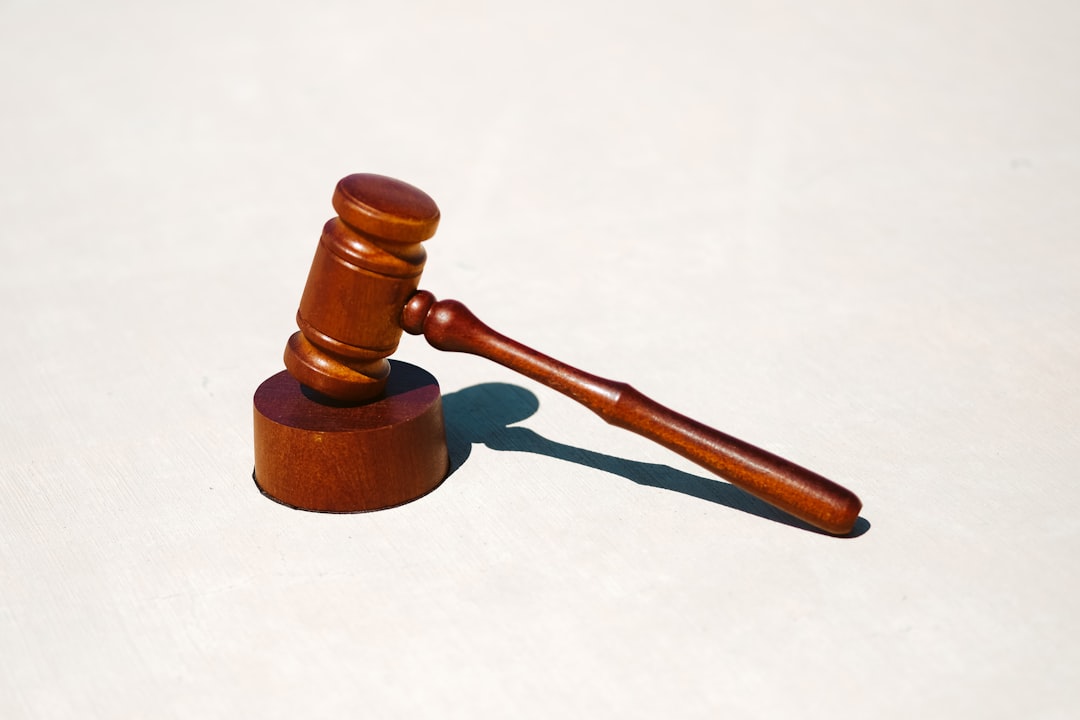
Supporting survivors of sexual assault is a complex task that requires not just legal acumen but also empathy and specialized strategies tailored to their unique needs. In Hilton Head Island, South Carolina, where a vibrant yet diverse community coexists with its share of challenges, sexual assault law firms play a pivotal role in navigating the intricate legal landscape while fostering healing for victims. A key aspect of this process involves implementing legal strategies that go beyond traditional advocacy, focusing on holistic support to ensure survivors can rebuild their lives post-assault.
One of the primary challenges faced by these legal experts is addressing the emotional and psychological trauma inherent in sexual assault cases. Survivors often struggle with guilt, shame, and fear, which can significantly impact their ability to participate actively in the legal process. To counter this, successful sexual assault law firms in South Carolina employ techniques such as trauma-informed legal representation, where lawyers are trained to understand and respond sensitively to a survivor’s needs. This approach ensures that survivors feel heard, respected, and supported throughout the legal journey, encouraging them to share their stories without fear of retraumatization.
Additionally, these firms recognize the importance of linking survivors with specialized services beyond legal aid. Collaboration with mental health professionals, support groups, and victim advocacy organizations is vital for comprehensive healing. By establishing strong partnerships with such entities, sexual assault law firms can facilitate seamless referrals, ensuring survivors receive the psychological care they need in conjunction with their legal proceedings. This integrated approach not only enhances the likelihood of successful prosecution but also empowers survivors to reclaim their lives with dignity and resilience.
About the Author
Meet Dr. Emily Parker, a renowned legal expert specializing in sexual assault cases. With over 15 years of experience, she holds a Masters in Sexual Violence Prevention and is a certified Forensic Interviewer. Emily has authored numerous articles, including “Navigating Legal Challenges in Sex Assault Cases,” published in the South Carolina Law Review. She is an active member of the American Bar Association and her insights are frequently sought by media outlets like CNN and the New York Times. Her expertise lies in understanding the unique challenges faced by lawyers in Hilton Head Island’s legal system.
Related Resources
Here are 5-7 authoritative resources for an article about common challenges faced by sexual assault lawyers in Hilton Head Island, South Carolina:
- National Sexual Assault Hotline (Government Portal): [Offers insights into national trends and resources related to sexual assault cases.] – https://www.rainn.org
- South Carolina Bar Association (Industry Organization): [Provides legal resources and updates specific to the state, including guidelines for handling sensitive cases.] – https://scbar.org
- University of South Carolina School of Law (Academic Study): [“Sexual Assault Law: A Comprehensive Overview” offers an in-depth look at legal challenges and best practices in this area.] – https://law.sc.edu/research/sexual-assault-law/
- National Center for Victims of Crime (Nonprofit Organization): [Offers victim advocacy resources, including support for individuals navigating legal systems after sexual assault.] – https://ncvc.org
- South Carolina Department of Social Services (Government Agency): [Provides information on services and resources available to survivors of sexual assault in South Carolina.] – https://dss.sc.gov/
- American Bar Association (ABA) Commission on Legal Assistance (Industry Organization): [Offers model practices and guidelines for providing legal assistance in sensitive cases, including sexual assault.] – <a href="https://www.americanbar.org/groups/lawassistance/” target=”blank” rel=”noopener noreferrer”>https://www.americanbar.org/groups/law_assistance/
- Hilton Head Island Police Department (Local Law Enforcement): [Gives insights into local procedures and challenges related to sexual assault investigations on the island.] – https://www.hhipd.com
